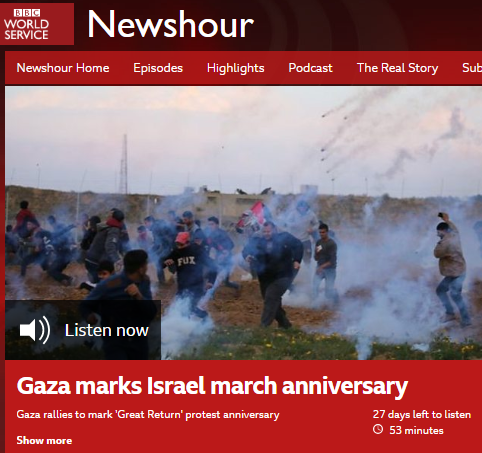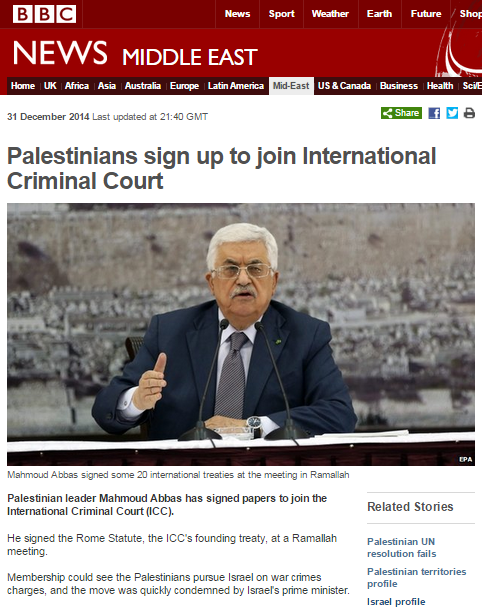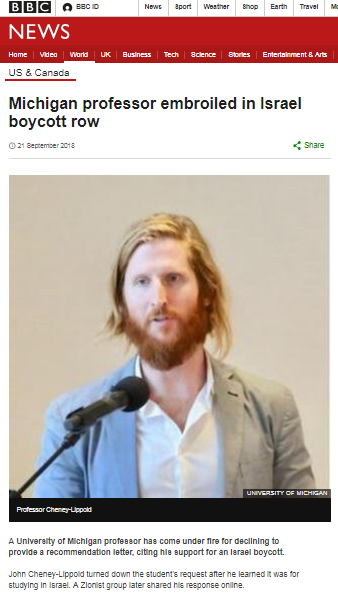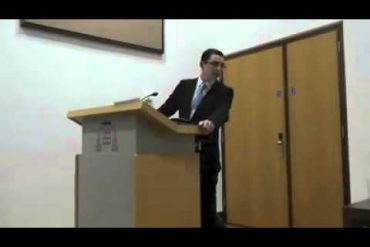h/t KK
On November 29th two terror attacks took place in Jerusalem within a matter of hours. In the first incident a 38 year-old Palestinian stabbed a Border Police officer.
“A Border Police officer was lightly to moderately wounded in a stabbing attack at the Damascus Gate leading to Jerusalem’s Old City Sunday morning.
The officer, in his early 20s, was stabbed in the neck. Magen David Adom medics evacuated him to Hadassah Hospital Ein Kerem.
The terrorist was identified as a 38-year-old Palestinian resident of Nablus in the northern West Bank.
He was shot and killed by officers at the scene.
He shouted “Allah akbar” as he stabbed the policeman, officers said. A body search found an additional knife in the assailant’s clothing.”
In the second incident a Nepalese national was stabbed by a 17 year-old Palestinian who was later arrested.
“According to police, “An initial investigation of the attack revealed that the woman was standing next to a bust stop on Shamgar Street, when a Palestinian man approached her and stabbed her in the back before fleeing the scene. The wounded woman was evacuated to Sha’are Tzedek hospital. Forces conducted a man hunt to find the assailant.”
He was later apprehended at a construction site and tied himself to the attacks.
According to police, the suspect was a 17.5-year-old Palestinian, who tied himself to the attack. Two other Palestinians were detained for questioning by police.”
The BBC News website did not report either of those attacks.
However, BBC Gaza bureau correspondent Rushdi Abualouf – who likewise ignored the two terror attacks in Jerusalem – did find it appropriate to send the Tweet below to his followers later on the evening of the same day.

The incident apparently referred to in that Tweet took place in Ras al Amud. According to AFP:
“Israeli border police killed a Palestinian on Sunday during clashes in occupied east Jerusalem, an official at the Palestinian health ministry told AFP, identifying him as Ayman Samih Abassi, 17.
An Israeli police statement said that officers fired at a Palestinian holding a petrol bomb in the Ras al-Amud neighbourhood after they came under attack from a volley of the missiles, but they could not confirm hitting him.
“About 10 petrol bombs were thrown at border police officers in Ras al-Amud,” the statement said.
“The force, whose lives were in immediate danger, fired at the lower body of a suspect who was seen with a petrol bomb in his hand,” it added. “A hit could not be definitely identified.””
AFP also noted that:
“A Palestinian prisoners’ welfare group said that Abassi had been arrested by Israeli police twice in the past for taking part in clashes in east Jerusalem.”
It seems likely that this is the same Ayman Samih Abassi from Ras al Amud described below in an article from the Ma’an news agency in February 2015.
“Prisoner’s families committee representative Abu Asab said that authorities at HaSharon jail released Ayman Samih al-Abbasi, 16, from Ras al-Amud town after 17 months in Israeli custody.
He added that al-Abbasi was detained on Nov. 11, 2012 for a two-week period and was then released but sentenced to house arrest for 10 months.
After this period, he turned himself in and spent 18 months in Israeli jails after being accused of stabbing an Israeli settler in the Ras al-Amud area.”
The information above is undoubtedly relevant to the story of the “17 y boy in Jerusalem” as presented by Rushdi Abualouf in that Tweet amplifying messaging from the Palestinian Ministry of Health. Whilst one may not have expected that latter body to disclose the particular incident’s context and circumstances or to clarify that most of the Palestinians killed in recent weeks died whilst carrying out terror attacks or engaged in violent rioting, a BBC correspondent bound by guidelines on using social media should surely have made more effort to avoid calling the BBC’s accuracy and impartiality into question.




